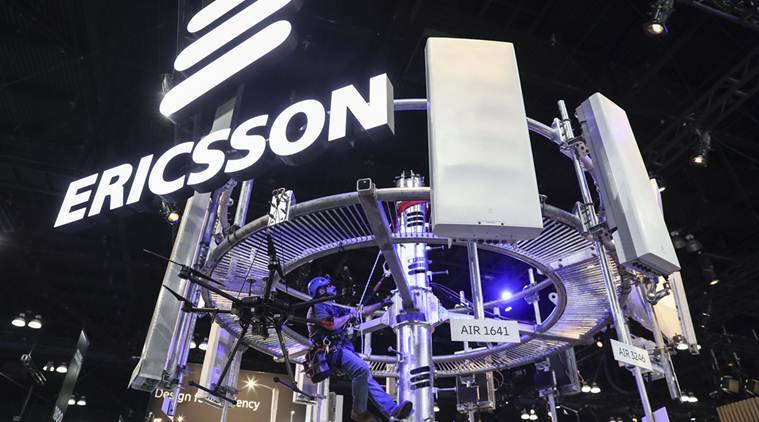Two incidents occurred during Ericsson‘s fourth quarter of 2022. First, it struck a global patent license deal with Apple, which resolved all of the parties’ outstanding patent-related legal problems.
Because of the IPR agreement with Apple, retroactive revenue was recorded in the fourth quarter, bringing IPR revenue to $580 million (SEK 6 billion) in Q4.
The second significant financial event was Ericsson’s $220 million set aside for a prospective settlement with the US Department of Justice (DoJ) surrounding its newest crisis involving bribery charges. Reports appeared in early 2022 that Ericsson may have paid the ISIS terror organization to acquire access to specific shipping routes in Iraq. Ericsson estimates that it will have $220 million.
Aside from the two significant financial events in Q4, Ericsson CEO Börje Ekholm stated that “we’ve witnessed certain operators decreasing the pace on network expenditures, including front-runner customers in many markets” throughout the quarter. Ericsson’s revenue in North America fell 7% year on year, he said. “We’ve seen faster Capex investments this year, but we’ve also seen clients maintaining quite significant inventories.”

“Some CSPs in, notably front-runner areas, are now bringing down their Capex in others situations, from record levels earlier, and some are also adjusting down their inventory levels,” Ericsson’s CFO Carl Mellander noted.
To address the short-term concerns, the business is adopting $873 million (SEK 9 billion) in cost-cutting actions, which will begin in Q2 and be fully implemented by the end of the year.
The company recorded considerable growth in its Networks business in India. However, growth from share gains in India and other areas was insufficient to compensate for reduced operator spending and inventory reductions in markets such as North America.
In terms of the total RAN market, Ekholm stated, “We predict a flattish, call it, mobile network market as well as RAN market over the next few years.”
He believes that if supply-chain and inventory issues are resolved, underlying traffic growth will boost the RAN market once more.
He also anticipates that fixed wireless access (FWA) will go beyond mid-band spectrum utilization and into millimeter wave, which will enhance the RAN industry in the long run.


